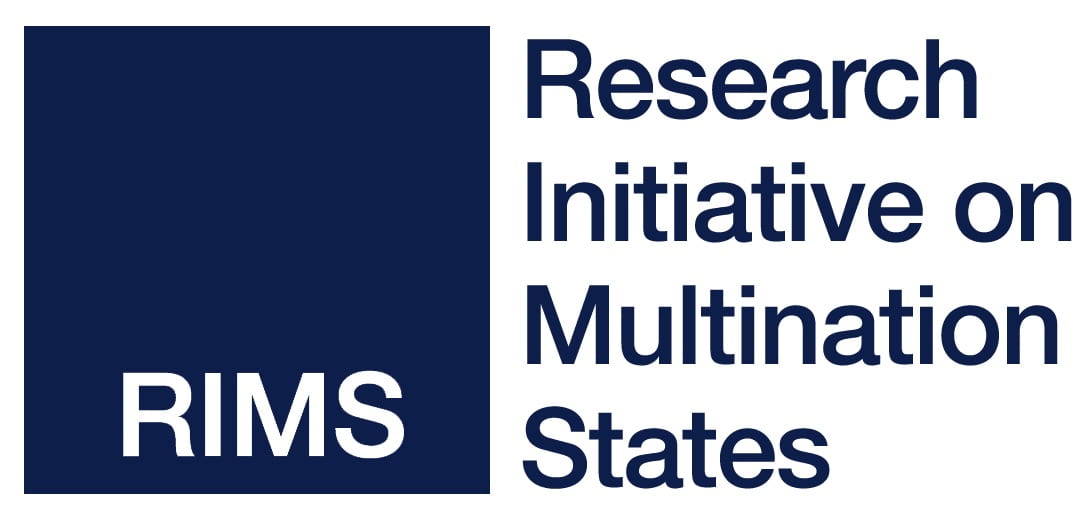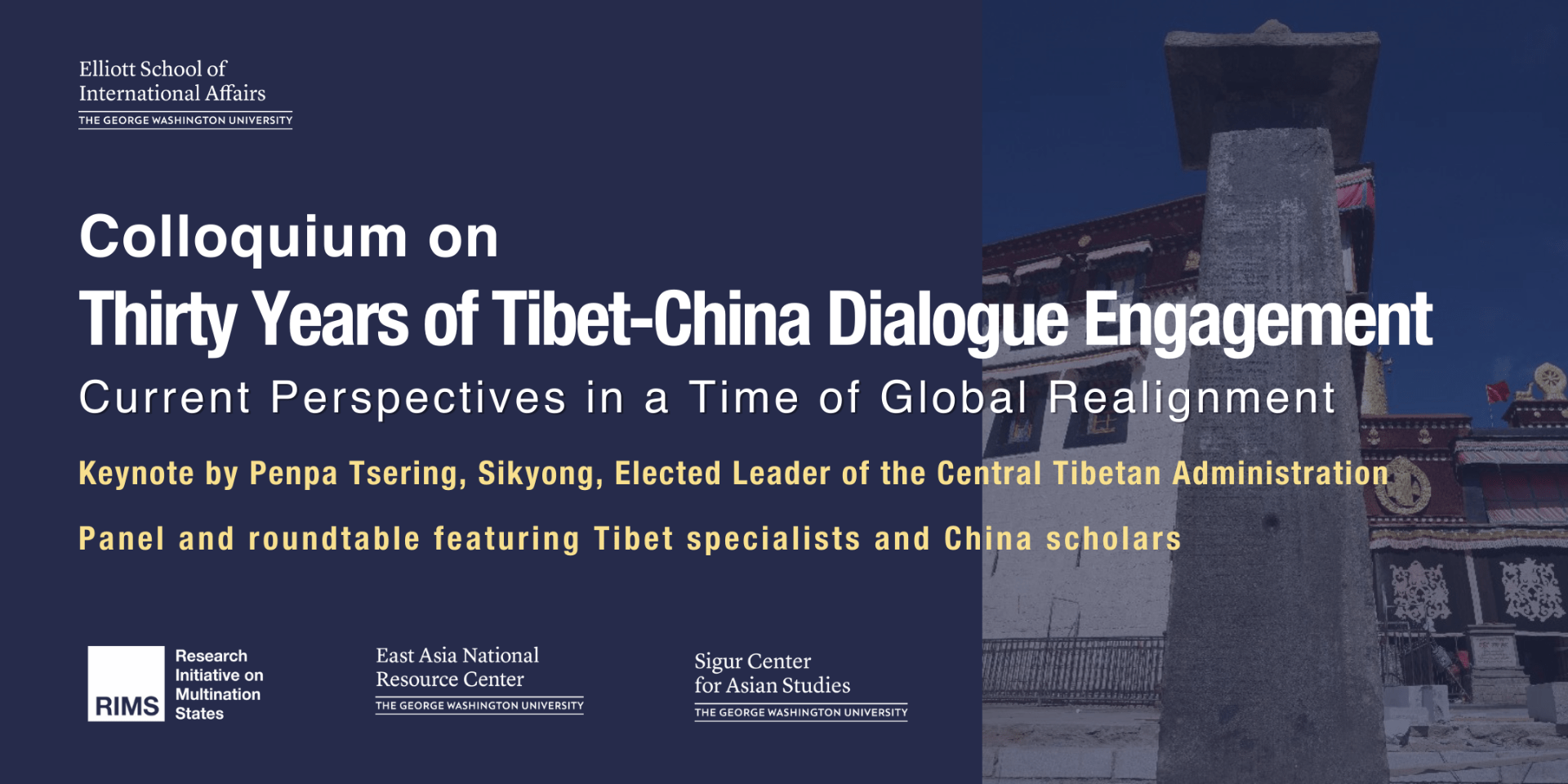Current Perspectives in a Time of Global Realignment
Hosted by the Research Initiative on Multination States (RIMS), Co-sponsored by the Sigur Center for Asian Studies, East Asia National Resource Center
Friday, April 29, 2022 | 2:00 pm – 5:00 pm EDT
Harry Harding Auditorium
1957 E St NW Room 213
IN-PERSON ONLY
NOTE: All non-GW affiliated attendees attending the event IN-PERSON must comply with GW’s COVID-19 policy in order to attend this event, including showing proof of vaccination and masking indoors. For frequently asked questions, please refer to GW’s guidance.
Over the past decade, the exploratory Sino-Tibetan dialogue process came to a halt, just as assimilationist policies were accelerated across the region. But despite this sharp turn in China’s approach to Tibet, the preceding three decades of experimental talks between Beijing and the exiled Tibetan leadership nonetheless established a precarious but provisional framework for discussing the longstanding Tibet dispute.
On Friday, April 29, 2022, the Elliott School of International Affairs will host a colloquium to appraise the development and effects of the thirty years of dialogue initiatives between Chinese government and representatives of the Dalai Lama and the exiled Tibetan government.
Keynote speaker Sikyong Penpa Tsering, elected leader of the Central Tibetan Administration, will address the challenges and potential for dialogue engagement as current political conditions shift and realign.
The panel and roundtable will feature Arjia Rinpoche, abbot of Kumbum Monastery and former vice chairman of the national-level Chinese Buddhist Association in Beijing; Tenzin N. Tethong, former prime minister-in-exile and leader of the Second Tibetan Delegation to Tibet; Xia Ming, professor of political science at CUNY; Yue Gang, associate professor at University of North Carolina Chapel Hill; and Anne Thurston, senior research professor at Johns Hopkins University SAIS; with roundtable discussant Joseph Torigian, assistant professor at American University.
Gregg Brazinsky, director of the Sigur Center for Asian Studies, will make introductory remarks. The colloquium will be moderated by Tashi Rabgey, research professor of international affairs and director of Research Initiative on Multination States (RIMS).
This event is on the record and open to the public. Doors open at 1.30pm
Light dinner reception following colloquium at 5pm.
Keynote Speaker
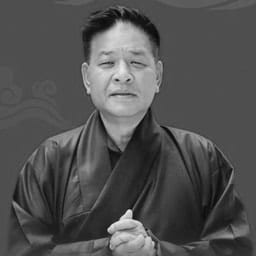
The Honorable Penpa Tsering became the second democratically elected Sikyong of the Central Tibetan Administration on May 27th, 2021, in an inauguration presided over by His Holiness the Dalai Lama. Prior to taking political leadership of the Tibetan exiled government, Mr. Penpa Tsering was a prominent figure in the Tibetan Parliament-in-exile for two decades. After serving as a member of parliament for two terms, he became the Speaker of the Parliament in 2008 and 2016. He was then appointed official Representative for His Holiness the Dalai Lama for North America in Washington DC in 2016. Previously, Mr. Penpa Tsering served as the executive director at the Tibetan Parliamentary and Policy Research Centre (TPPRC), a research institute in New Delhi. The Sikyong was born in the Bylakuppe Tibetan Settlement in Mysore, India. As a global advocate for Tibet as well as a longstanding leading figure in the exiled government, Mr. Penpa Tsering has been advancing a resolution to the Tibet issue through the Middle Way Approach for three decades.
Opening Remarks

Gregg Brazinsky (he/him) is Professor of History and International Affairs. He is director of the Asian Studies Program, acting director of the Sigur Center for Asian Studies, and acting co-director of the East Asia National Resource Center. He is the author of two books: Nation Building in South Korea: Koreans, Americans, and the Making of a Democracy and Winning the Third World: Sino-American Rivalry during the Cold War. His articles have appeared in numerous journals including Diplomatic History and the Journal of Korean Studies. He has written op-eds for The Washington Post, The Chicago Tribune and several other media outlets. He is currently working on two books. The first explores American nation building in Asia–especially Japan, Taiwan, and South Korea. The second explores Sino-North Korean relations during the Cold War.
Moderator
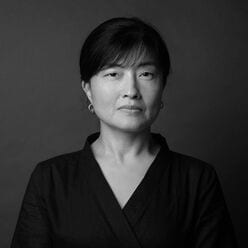
Tashi Rabgey is Research Professor of International Affairs at the Elliott School and director of the Research Initiative on Multination States (RIMS). She is also founding director of the Tibet Governance Lab, an incubator for research on policy challenges and innovation in the governance of contemporary Tibet. From 2008-2014, Dr. Rabgey led the development of the TGAP Forum, a research initiative that engaged PRC scholars and official policy researchers in Beijing on questions of Tibet’s governance and policy issues. The academic dialogue process generated new insights on the institutional structure and dynamics of China’s policymaking in Tibet and other regional autonomies. Dr. Rabgey holds law degrees from Oxford and Cambridge and a PhD from Harvard University. She was a Public Intellectual Fellow with the National Committee on US-China Relations from 2011-13 and a visiting scholar at Sichuan University in 2015. Dr. Rabgey is currently working on territoriality and problems of scale in asymmetric states and has recently been a visiting professor at the University of Kurdistan Hewlêr (Iraq).
Panelists
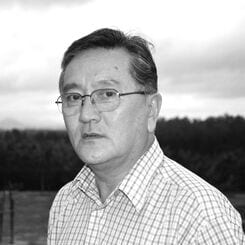
Tenzin N. Tethong served as leader of the Second Delegation of Tibetan Exile Representatives that was invited by Beijing to visit Tibet in 1980. Following these early years of serving the Tibetan government-in-exile, Mr. Tethong was appointed an official Representative of His Holiness the Dalai Lama and served in North America for thirteen years. He was then elected as Kalon (cabinet minister), and then prime minister-in-exile from 1990-95. Prior to his official appointments, Mr. Tethong was cofounder or instrumental in the establishment of major Tibetan institutions in India and the U.S. — from the first educational publication Sheja and the grassroots organization Tibetan Youth Congress, to the US Tibet Committee and the International Campaign for Tibet. Following his extensive government service, Mr. Tethong was a Distinguished Fellow of the Tibetan Studies Initiative and Chair of the Tibetan Studies Committee at Stanford University, as well as a founding member of The Dalai Lama Foundation, through which he worked on advancing the Dalai Lama’s message in the book Ethics for the New Millennium.
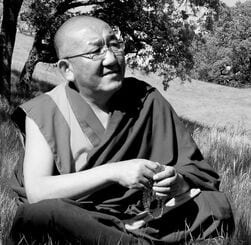
Arjia Rinpoche is a distinguished scholar and one of the most prominent Buddhist teachers to have left Tibet. Recognized as a tulku by the previous Panchen Lama, Arjia Rinpoche served as Abbot of Kumbum Monastery in Amdo while also holding a top-ranking appointment as vice chairman of the PRC National Buddhist Association in Beijing. During the Cultural Revolution, Arjia Rinpoche worked in a forced labor camp for 16 years. In 1998, he went into exile, an experience he has recounted in his memoirs, Surviving the Dragon. After arrival in the United States, Arjia Rinpoche started the Tibetan Center for Compassion and Wisdom (TCCW) in Mill Valley, California. In 2005, he was appointed by His Holiness the Dalai Lama as Director of the Tibetan Mongolian Buddhist Cultural Center (TMBCC) in Bloomington, Indiana. Since arriving in exile, Arjia Rinpoche has been actively working for the welfare of both Tibetans-in-exile as well as Mongolians through organizations like the Cancer Care Treatment Center for Mongolian children. He has also been speaking at universities on subjects ranging Buddhist philosophy to the practice of ethics to the history of Mongolia.
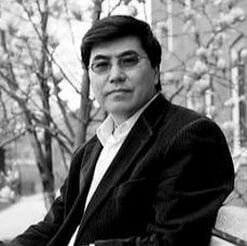
Ming Xia is a Professor of Political Science at the City University of New York. He holds a master’s degree from Fudan University and a PhD from Temple University. He was a research fellow at the Woodrow Wilson International Center for Scholars, the Sigur Center for Asian Studies at the George Washington University and the Asian Research Institute at the National University of Singapore. He was also visiting professor of the School of International Relations and Public Affairs at Fudan University and guest professor at Jishou University in Hunan. Dr. Xia is the author of The Dual Developmental State: Development Strategy and Institutional Arrangements for China’s Transition and The People’s Congresses and Governance in China: Toward a Network Mode of Governance. Dr. Xia is also a special contributor to iSun Affairs based in Hong Kong and has been a columnist for the electronic journal China in Perspective. He writes for the BBC World Service Chinese Branch and is the Associate Editor for the quarterly Chinese journal, The Journal of Modern China Studies. Dr. Xia was one of the producers of an HBO documentary movie and an Oscar-nominee, China’s Unnatural Disaster: The Tears of Sichuan Province.
Discussant

Anne F. Thurston spent the past twenty years as a professor in the China studies program at Johns Hopkins University’s School of Advanced International Studies (SAIS). She previously taught in the political science department at Fordham University and later served as the China staff at the Social Science Research Council. Dr. Thurston is a member of the National Committee on U.S.-China Relations. She has worked and traveled widely in China, and authored, co-authored, or edited a number of books, including Enemies of the People: The Ordeal of China’s Intellectuals during the Great Cultural Revolution; The Private Life of Chairman Mao, with Dr. Li Zhisui; The Noodle Maker of Kalimpong, with Gyalo Thondup; and, most recently, Engaging China: Fifty Years of Sino-American Relations. She holds a Ph.D. in political science from the University of California, Berkeley.
